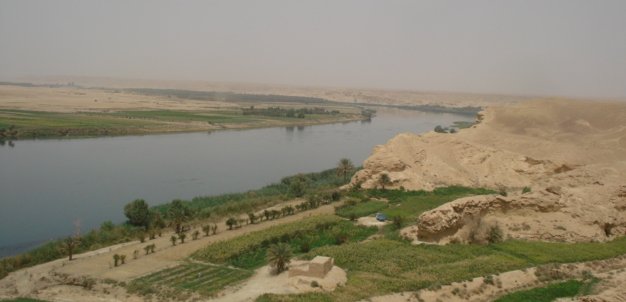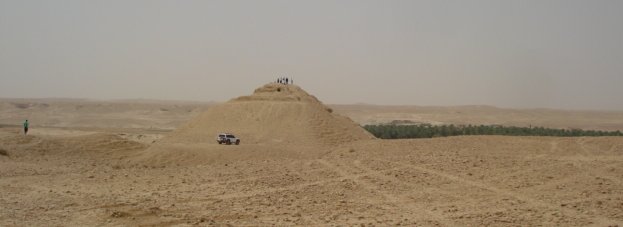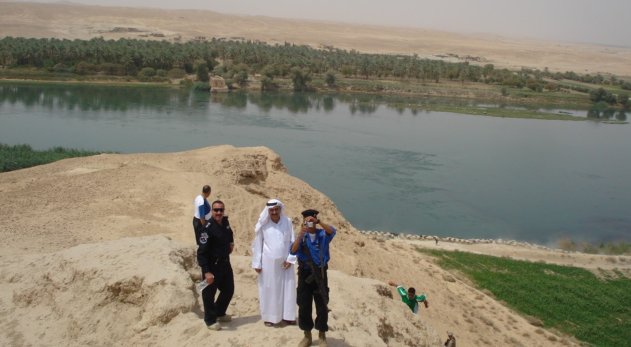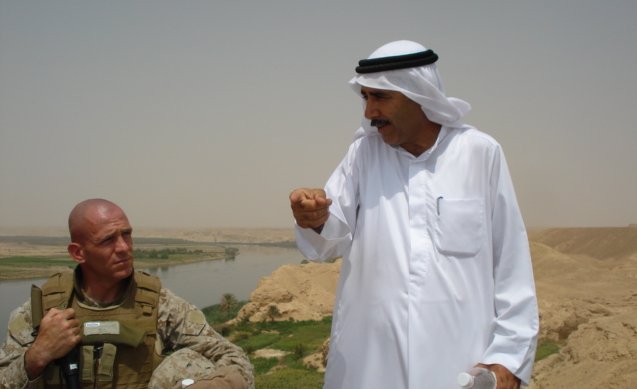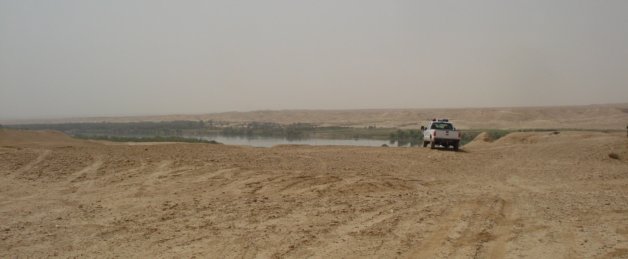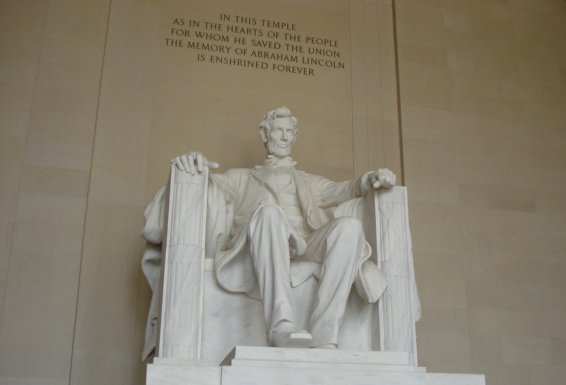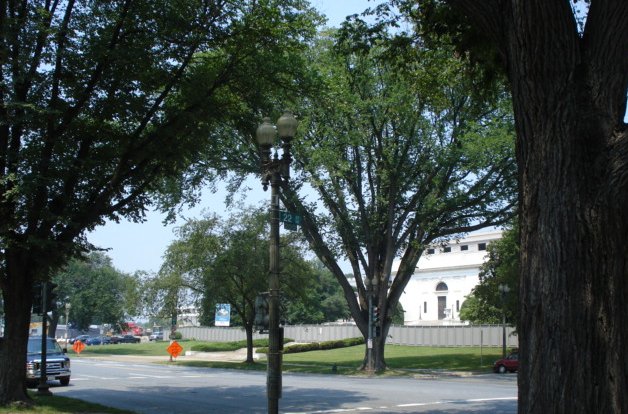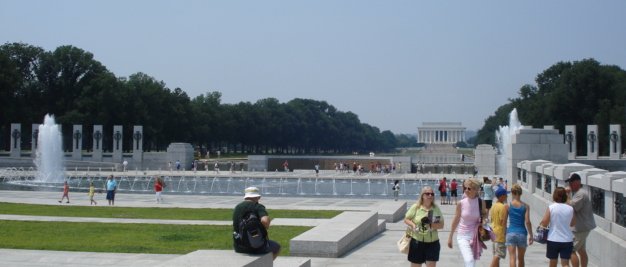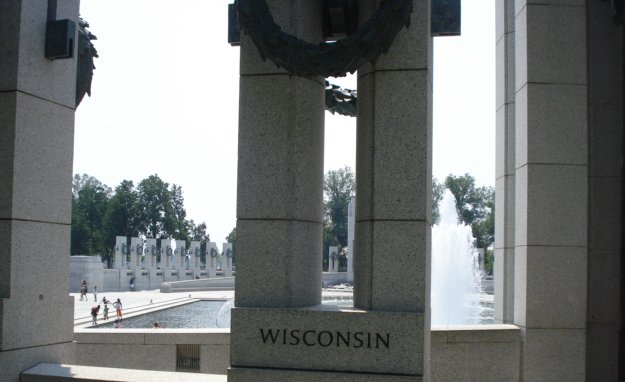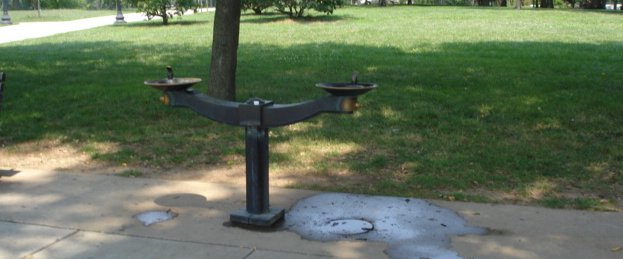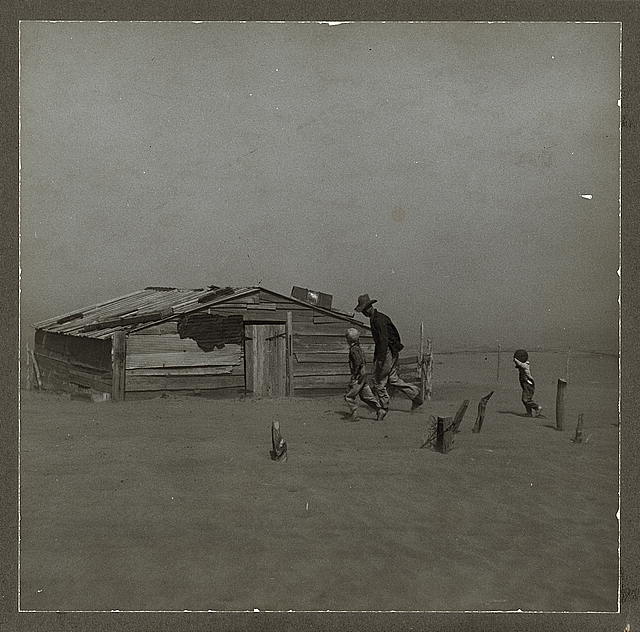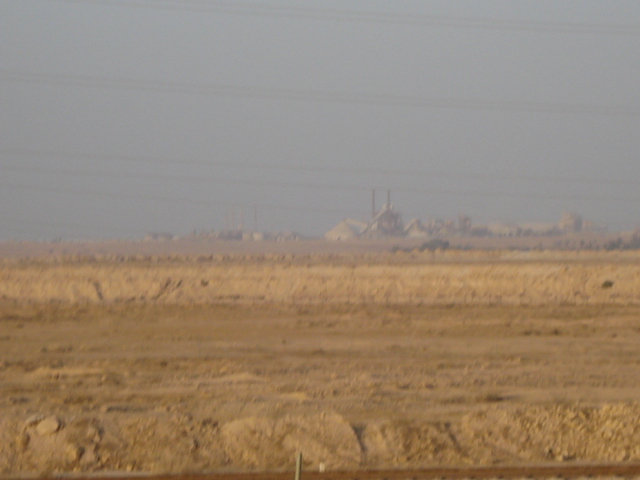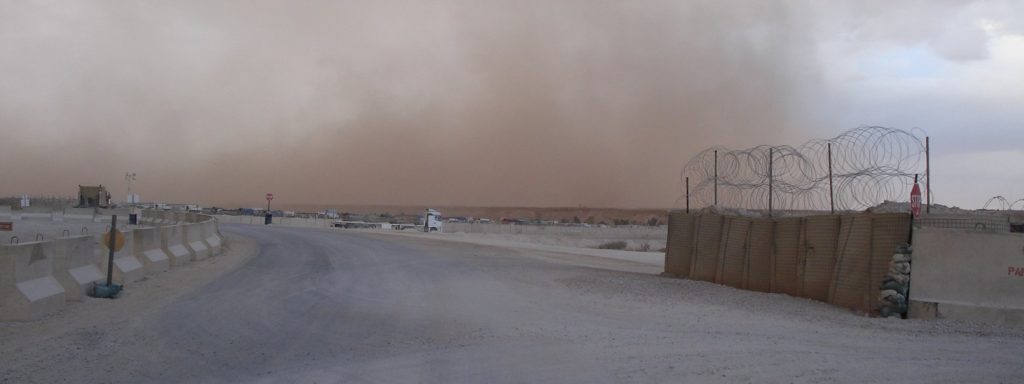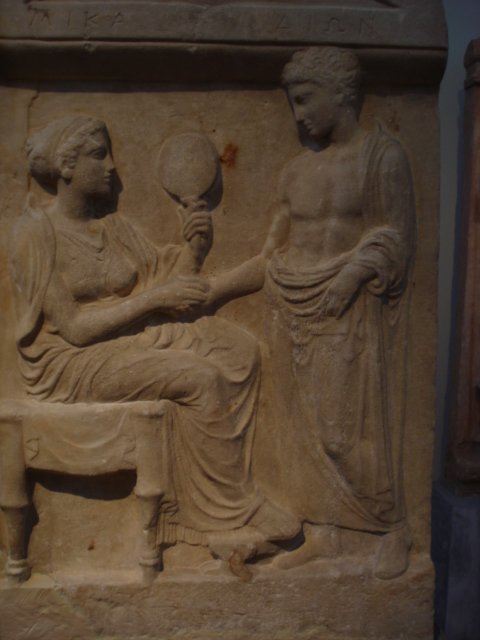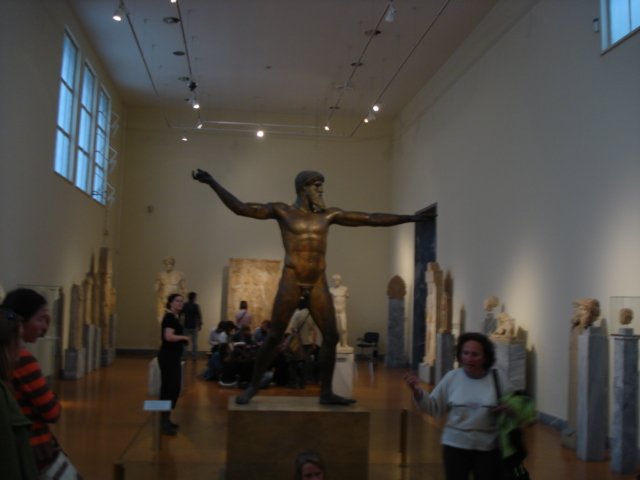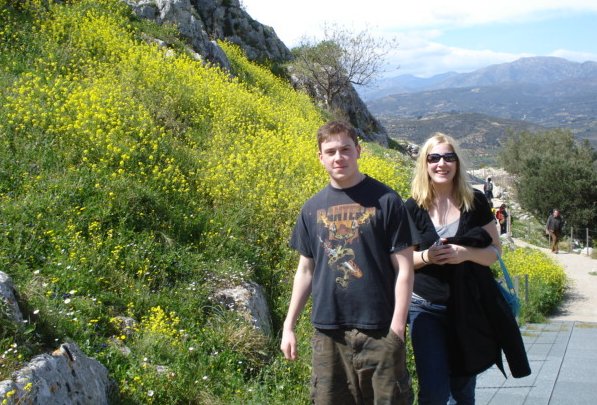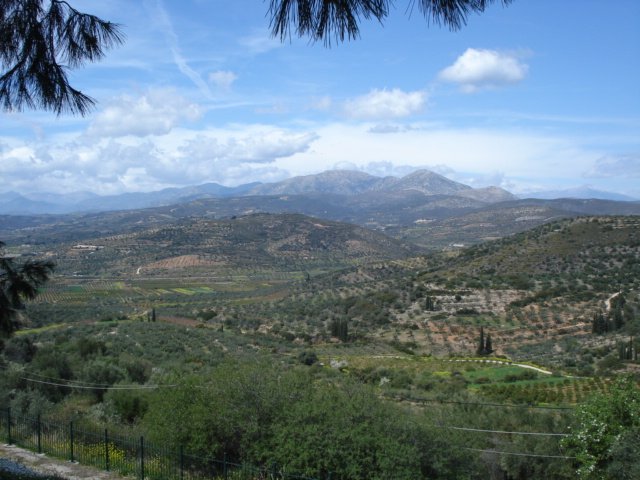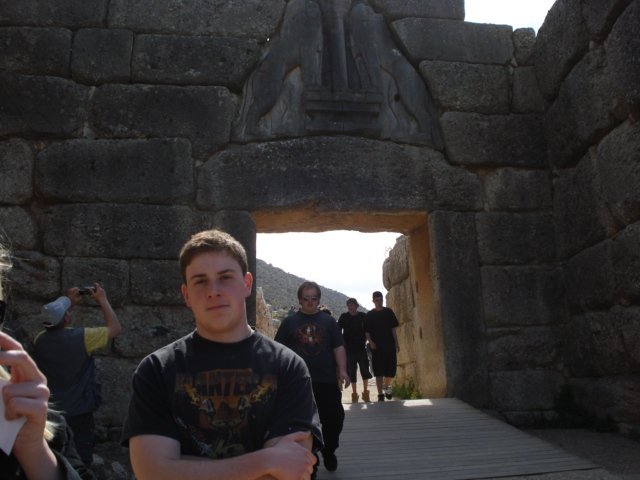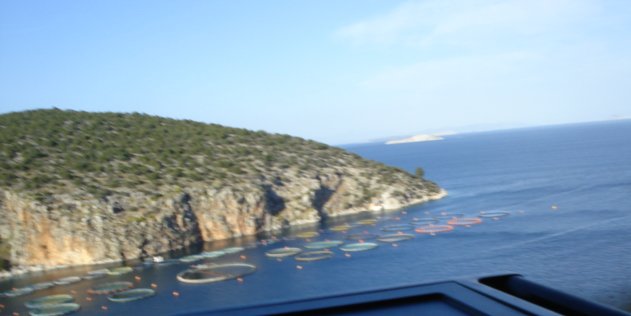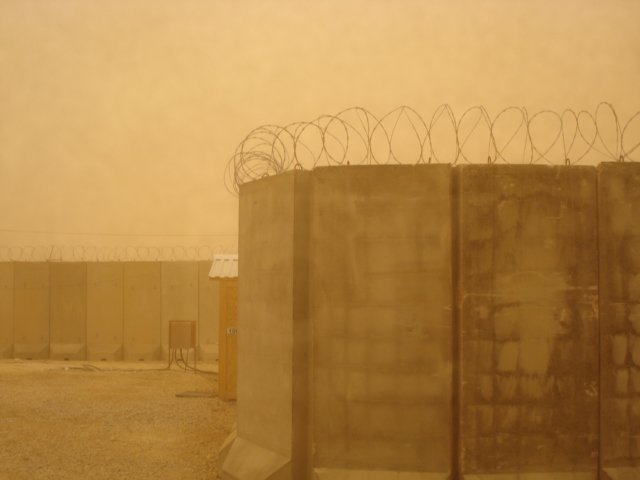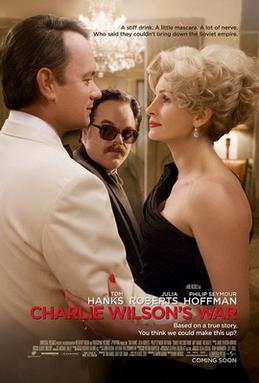Since I am talking about old stuff, I thought I would put up a picture of my bike. I had to take it to the shop and get new back sprockets. The guy at the shop commented that he rarely saw one of them actually worn out, but mine was. I got that bike in 1997. I rode it a lot. Best bike I have ever owned.
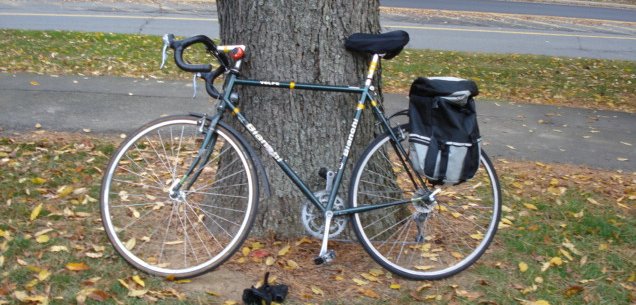
My walks to the Metro and to FSI plus the Metro rides take more than two hours a day and I have had a lot of opportunity to listen to my I-pod. I have a really good program from the Teaching Company about Roman history. (The History of Ancient Rome, by Garrett Fagan of Penn State)There are 48 half-hour lectures and I have gotten as far as the assassination of Julius Caesar. Studying Roman history is a good way to learn about leadership, good & bad, and the fall of the Roman Republic provides examples of what happens when the traditions and institutions of order break down. The Founding Fathers were well versed in Roman history and our own Constitution is very much influenced by the Romans. We tried to address the fatal flaws that played out in the ancient city. Besides that brief unpleasantness in the 1860s, it seems to have worked out okay.
Look at a dollar bill to see the persistence of Rome. On the great seal, we have the Roman style eagle holding a scroll that says “e pluribus unam” – from many, one. The other mottos are “novus ordo seclorum” – new order of the ages and “annuit coeptis” – he (God) favors, taken from the Virgil’s Aeneid. All in Latin. The Roman Empire fell in the west in AD 476. In 1776 it was a profound influence on what for Romans was an undiscoved country.
So much of what I learned more than thirty years ago comes back when I listen to the lectures. I thought I forgot, but now I realize how much I learned, kept & internalized. I just didn’t remember where it came from. I had a seminar in Polybius my first year in grad-school. My major professor, Ken Sacks, specialized in that historian. Polybius wrote in Greek about the rise of the Roman Republic. We read the sources in Greek (at least tried) but the big lessons were in historiography and the nature of evidence. History is constructed by historians and they have a responsibility to follow the sources and not exceed or extrapolate from them.
Polybius discussed the rise of Rome and the Punic Wars. He figured those were events worth investigating. The Romans and the Carthaginians stumbled into the conflict over a bunch of Italian criminals who had taken over a not very important city in Sicily. One lesson I take from history is that events are a lot more illogical than we make them sound later on. A good historian makes a story that hangs together with conditional causalities, most of which would be unknown or unclear at the time AND some of them might actually be only the artifact of the historian’s story telling skills.
One of the biggest pitfalls of the study of history is the overemphasis on agency. Sometimes shit just happens. But we look for some person, persons or particular events to credit or blame for what happens – the agent – and historians always find one. If that person had not already figured out how to make his own contribution look brilliant, his biographers provide him with an ex-post-facto plan more brilliant than than any that could have been concieved in advanced. I believe that history is shaped by human choices and that great individuals have a great influence on events, but it is sloppier and less direct than we have to make it appear when we write up the reports. It makes us too confident that our leaders can solve our problems and creates a systematic bias in our politics.
Scholars and military historians look at the Punic Wars as case studies in conflict and the perils of power. The most studied of the three wars is the second (the one with Hannibal). The Romans should have lost that war, but they just refused to give up. The refusal to be beaten, coupled with the unusually large manpower reserves they could command explains their dominance of the Mediterranean. They were not brilliant strategist, brilliant inventors or subtle thinkers. They just has a talent for doing practical things and they just kept on coming back when most others would have given up.
Pyrrhus of Epirus learned it the hard way. He beat the Romans twice and beat them big. He waited for them to ask for terms but they just raised more armies. Pyrrhus had to give up and go home saying “One more victory against the Romans and we shall be utterly ruined,” hence the term Pyrrhic Victory.
The body of the history of the Republic is patchy and contradictory. Less than 5% of what historians think was available is extant. The author describes the process of finding history like looking at the Palace of Versailles through the keyholes. You see some things very clearly, but there are big places you don’t see at all. Historians know very little about ordinary folks because the ancients, at least those who could write, really didn’t care much about them. They wrote about the important people, i.e. generals, senators, kings and emperors, so even if we had all the sources available in the ancient world we still wouldn’t know much re the common people.
Nevertheless, a lot of historians are trying to write the history of the common man. We can draw clues from archeology, but while archeology can tell us a lot about physical structures, and lately with a sort of CSI archeology even a lot about the physical condition of the people themselves, it doesn’t tell us much about their attitudes or ideas. You may also draw the wrong conclusions. Imagine if a future archeologist knew there was a war with the U.S. on one side and Japan and Germany on the other, but doesn’t know the exact dates or who won. He digs up a Los Angeles from around now and finds that cars and products made in Japan and Germany predominate. Does he conclude that they won the war and colonized the U.S.? In my history seminars so long ago, I learned to assess and judge sources. We did that by the context, the language, the historian’s skill and comparisons with other events. You have to try to assess not only whether the historian THINKS he is telling the truth but whether or not he has the capacity to know the truth. Some things you just cannot know. No matter how troubling this may be, it is the fact. We don’t get to fill in the blank spaces with what we want to be the truth. Polybius, BTW, was a very good historian and his access to leading Roman politicians put him in the position to know lots of things. Still, like everyone else, he has his strengths and weaknesses. A lot of what applies to ancient history also applies to evidence in general and especially all that is proliferating on the Internet. Sure, there is a lot more information on the Internet, but like the ancient sources, you have to assess whether it is true or if it can be true. People just lying are only the start of the challenge. Some honest people are not in postions to know and others cannot figure it out even when they have all the facts in front of them. Not everybody who thinks he is telling the truth IS really telling the truth and many people aren’t even trying very hard. You have to be careful. Those lessons of studying history apply today too.
The study of history does indeed have practical value.

